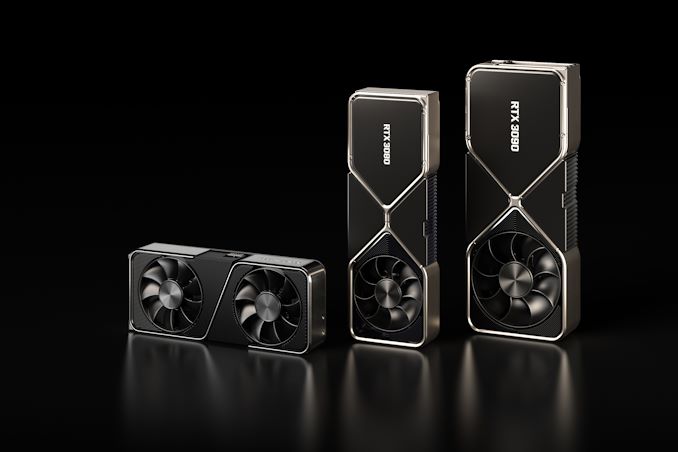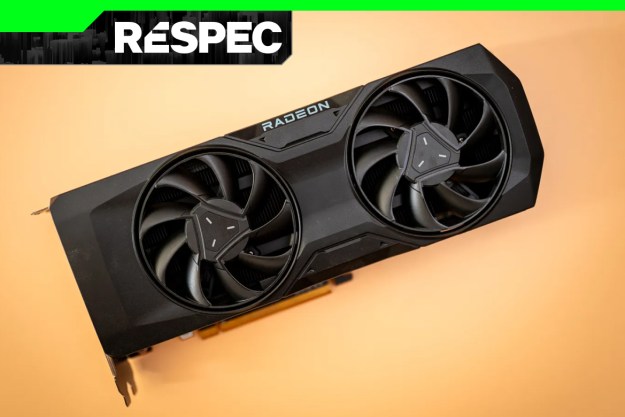Due to the GPU shortage, previous-generation cards were sold alongside current-gen boards in order to satisfy demand levels throughout 2021. Nvidia has now hinted at that trend continuing even after its upcoming RTX 40-series launches.
Nvidia CFO Colette Kress was asked at an investor’s event about the approach the GPU giant was taking in regard to next-generation graphics cards. As reported by PCMag and Tom’s Hardware, while Kress didn’t reveal any noteworthy details about the RTX 40-series in particular, she confirmed that Team Green is considering selling next-gen products in tandem with its RTX 3000 range.

Kress touched on how the pandemic and supply constraints made Nvidia focus on selling RTX 20-series boards, which are built on the Turing architecture, alongside the current Ampere-based RTX-30 series.
“Even during this period of COVID and supply constraints, it’s been interesting because it’s given us the opportunity for gaming to continue to sell both the current generation (RTX 3000) as well as the Turing generation (the RTX 2000 series),” she said. “So we’ve been doing that to provide more and more supply to our gamers. And we may see something like that continue in the future. It was successful with Ampere and we’ll see as we move forward.”
Instead of being discontinued, Nvidia has continued the sale of the last-gen RTX 2060. The company even went as far as refreshing the graphics card by upgrading its memory to 12GB in an attempt to get more products in the hands of gamers — some who have been waiting months or even years to acquire an RTX-30 series board.
Tom’s Hardware highlights how Nvidia normally introduces a new generation of GPUs by releasing flagship products predominantly aimed toward the enthusiast segment, while mainstream and entry-level models generally follow around a year later. With this in mind, the publication speculates we could see the arrival of the RTX 4090, RTX 4080, and RTX 4070 initially, while the current-gen RTX 3060 and RTX 3050 remain on store shelves to satisfy pent-up demand levels.
There is precedent for such an arrangement; TH points out how the Turing-based GTX 1650 and GTX 1660 video cards were sold alongside the current Ampere-based RTX 3070, RTX 3080, and RTX 3090.
As for the reported flagship model of Nvidia’s RTX 40-series, the RTX 4090, it is said to feature up to 75% more cores than the RTX 3090, which would indeed represent a generational jump in performance. That said, due to the reported price of the RTX 3090 Ti, it’s going to cost a pretty penny to obtain higher-end RTX 40 cards. As such, keeping RTX 30-series GPUs around for a while longer should conveniently provide gamers with more affordable options, at least until lower-end RTX 40 boards hit the market.
Elsewhere, Kress once again confirmed that Nvidia anticipates GPU supplies improving during the third quarter of 2022. “We will continue to work on supply. I think we’ll be in a good supply situation in the second half,” she said.
Availability levels have already shown encouraging signs of improvement in recent weeks, with inventory volume reaching its highest point since the start of 2021. The cost for graphics cards is also finally approaching their MSRP after years of inflated prices.
Editors' Recommendations
- Nvidia could flip the script on the RTX 5090
- Don’t buy the RTX 3060 in 2024
- Nvidia RTX 50-series graphics cards: news, release date, price, and more
- The sad reality of AMD’s next-gen GPUs comes into view
- You shouldn’t buy these Nvidia GPUs right now




